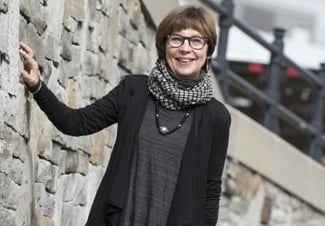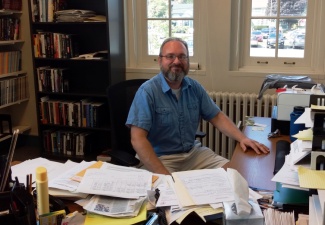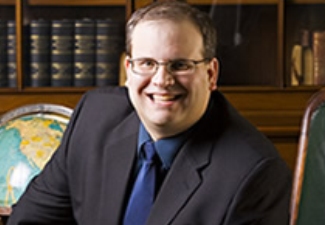Green Grants to Fund Biodiesel, Community Garden Efforts
PLATTSBURGH, N.Y. (April 22, 2008) - SUNY Plattsburgh's Campus Committee for Environmental Responsibility is pleased to announce the winners of its Green Grants. As part of Earth Week, the group will sponsor an open forum discussing the grants on Wednesday, April 23, at 6 p.m. in the Cardinal Lounge, Angell College Center.
The first winning proposal is Earth and Environmental Science Club's measure to turn waste vegetable oil into biodiesel to fuel the college's vehicle fleet. The second is a plan submitted by Paul Papadatos, a senior in anthropology, and the college's Botany Club to put together a community garden and tree nursery which could help provide food for the campus and local food shelves.
The money for the Green Grants comes from a voluntary student "green fee" - a measure that was proposed and ratified by students on campus last year. Prior to that, such a measure had never been successfully implemented by students on a SUNY campus. The green fee means that students can elect to pay $3 each semester to help with environmental efforts on campus. So far, students have paid more than $14,000.
"Both Green Grant projects will bring a new aspect of sustainability to this college, and at the perfect time," said CCER co-chair Sarah Wharton, a junior environmental science major. "In a period when gas prices are continually on the rise, Plattsburgh State will be producing its own biodiesel with waste generated on campus. The college will also be graced with a community garden that among many qualities, will supply our dining halls with vegetables grown right on campus."
"The committee is happy to fund both programs," added Dr. Timothy Mihuc, CCER co-chair and coordinator of the Lake Champlain Research Institute. "They'll both have a positive environmental impact on campus."
The green fee and the grants are just a few of the many recent efforts on campus to contribute to the environment. Others include the following:
- Development of new technologies by faculty like Dr. Meiyin Wu who is working to develop a new ultrasound technology to help in the fight against water chestnuts and by students and faculty at the Lake Champlain Research Institute who have developed a new technology to analyze and map potentially toxic algae blooms.
- The replacement of light bulbs with fluorescents to promote energy efficiency.
- Plans that are in the works for a LEED certified new building project.
- New recycling bins, paid for by the Plattsburgh Fund, put together by student volunteers and placed in all of the dormitories on campus.
- And many hours of hands-on field work done through the Miner Institute and the Lake Champlain Research Institute that gives students a chance to learn while making a difference in our environment.
News
Knelly Named Special Adviser to SUNY for Clinton Transition

Quebec Studies Presents Montreal Historian in Virtual Talk on 1913 School Strike

Campus Shines Light on Developmental Disabilities During Awareness Month and Beyond
Black Solidarity Day Officially Added to SUNY Plattsburgh’s Academic Calendar

SUNY Plattsburgh Political Science Professor to Zoom a Discussion on the Russian Invasion of Ukraine
